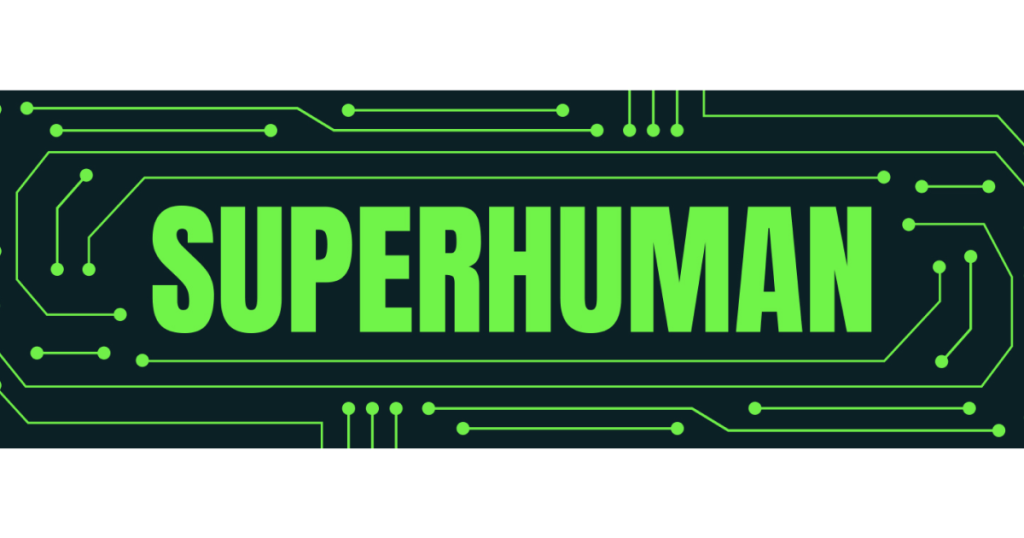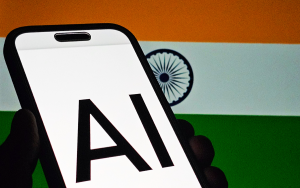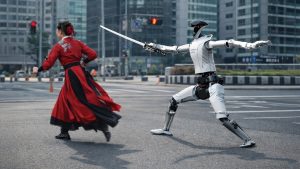Superhuman AI: Unlocking New Frontiers

Artificial Intelligence is transforming our world at a rapid pace. With groundbreaking advancements, AI is no longer a futuristic concept but a current reality. This article explores the remarkable journey of AI and its superhuman achievements. From enhancing daily tasks to solving complex problems, AI is reshaping our future.
Millions globally are engaging with AI tools that enhance productivity and creativity. The integration of AI into everyday life is not just a trend, but a significant shift. This exploration of AI’s superhuman capabilities unveils a world where technology augments human potential, making tasks faster and smarter.
The Rise of Superhuman AI
Artificial intelligence has reached a point where it mimics human capabilities and even surpasses them. AI systems now learn, adapt, and execute tasks with an efficiency never seen before. This revolution paves the way for innovations across sectors, from healthcare to entertainment, showing how AI is becoming a crucial part of our lives.
Amidst its potential, AI raises ethical questions about dependency and control. Should machines take decisions that affect human lives? This question is at the heart of the AI evolution debate. The rise of AI is not just about technology but also about reshaping societal norms.
AI’s evolution involves considerable collaboration between technologists, ethicists, and governments. Ensuring AI benefits humanity requires global cooperation and adherence to ethical guidelines. As AI continues to evolve, fostering a dialogue that balances innovation with ethical responsibility is paramount.
Transformative Impacts on Industries
AI’s integration into industries like healthcare and finance is transformative. Machines now assist doctors in diagnosis and treatment planning, resulting in better patient outcomes.
The financial industry uses AI for fraud detection and personalized banking experiences. AI helps in streamlining services, leading to improved client satisfaction.
In manufacturing, AI drives efficiency through automation, reducing operational costs and minimizing errors. Its impact on industries is undeniable, marking a shift towards smart, efficient operations.
Ethical Challenges and Responsibilities
AI’s rapid growth brings ethical challenges, including data privacy and algorithmic bias.
Ensuring ethical AI use requires robust policies and transparent practices. Stakeholders must collaborate to address these issues collectively.
The focus remains on creating AI frameworks that prioritize fairness and transparency. Failure to address these concerns could lead to societal distrust in AI systems.
The Future of AI: Opportunities and Threats
AI presents opportunities to solve complex global issues such as climate change through predictive analytics.
However, there are threats like job displacement, requiring new skills and jobs. The future of work will differ significantly due to AI’s influence.
The balance between leveraging AI’s potential and managing its threats involves forward-thinking strategies and policies. i>Proactive planning will mitigate negative impacts while enhancing AI’s benefits.
AI in Everyday Life
Everyday life is changing with AI applications in homes and workplaces. Smart assistants like Alexa organize tasks and provide information efficiently.
AI enhances learning experiences through personalized education tools. Students experience tailored learning paths that boost engagement and results.
From shopping recommendations to navigation aids, AI simplifies routines, making daily life more manageable and enjoyable. i>AI’s role in our daily activities is a testament to its growing importance in modern society.
Collaborative Innovation: Humans and AI
AI’s progression highlights the importance of human-AI collaboration. Combining human creativity with machine efficiency leads to remarkable innovations.
Industries leverage this partnership to push boundaries in research and development, leading to breakthroughs that were previously unimaginable.
Fostering a collaborative environment between humans and AI is essential for maximizing potential benefits, ensuring AI serves as a tool for empowerment rather than replacement.
Educational Shifts in an AI Era
Education systems are evolving to accommodate AI’s role in learning. Schools integrate AI to support teaching methodologies, making learning more dynamic.
AI tools aid teachers by automating administrative tasks, allowing more focus on student interaction and personalized instruction. This technological integration enhances educational outcomes for students worldwide.
The shift in educational paradigms reflects society’s adaptation to AI, promoting an informed, tech-savvy generation ready for future challenges.
Concluding Thoughts on Superhuman AI
AI’s journey is nothing short of remarkable, filled with potential yet fraught with challenges. Balancing innovation with responsibility remains crucial.
The path forward involves embracing AI’s capabilities while addressing ethical and societal concerns. This balanced approach ensures that AI continues to serve humanity positively, opening doors to a future where technology and human intellect coexist harmoniously.
As we embrace AI’s advancements, its responsible use becomes vital. The promise AI holds is vast, but it must align with human values. Together, we can co-create a future where technology enhances our lives. This balance will ensure AI remains an ally in our quest for progress.
AI’s potential to revolutionize all facets of life is profound. Its responsible development and implementation will unlock superhuman possibilities, aligned with our aspirations for a brighter, more efficient future.





